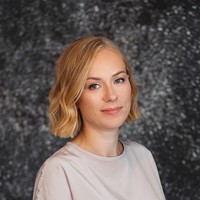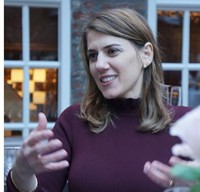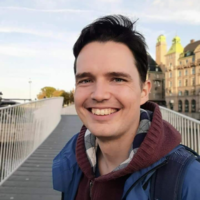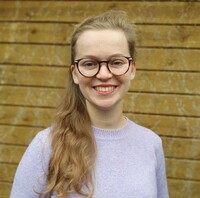Team
Principal Investigator
Olga Zvonareva (Theorising Participation)

This interest grew out of a completed project on mutual construction of pharmaceutical technoscience and politics. There I examined series of efforts to boost local pharmaceutical innovation in Russia. The project demonstrated how construction of pharmaceutical innovations interacted with political projects, enabling and, at times, constraining articulations of particular visions of the nation and its future, while these visions, in turn, framed governance of pharmaceutical science and technology. Book ‘‘Pharmapolitics in Russia’' provides more details on these processes.
Another research line of mine concerns relations between scientific and ethical considerations in clinical trials, taking account of both, the societal processes that shape acceptance of different approaches to medical drug testing as scientifically reliable and ethically sound, and the technological advances that enable new kinds of medical knowledge production practices. Third, I am engaged in collaborative research projects which aim to inform the development of participatory and locally tailored control programmes for infectious and parasitic diseases, primarily opisthorchiasis and tuberculosis.
Postdoctoral Researchers
Claudia Egher (Standardizing Participation)

Claudia’s work has a highly interdisciplinary character. In her doctoral research, she combined insights from Science and Technology Studies (STS), medical sociology, media studies and philosophy to research how expertise about bipolar disorder was enacted on American and French online platforms. In her current work, Claudia builds upon insights from STS, political sciences and informality studies to investigate how public participation is produced through the practices employed by the pharmaceutical industry to standardize patient engagement in the development of new drugs. Claudia’s research interests focus on the social, ethical, and political dimensions of emerging science and technology, on how processes of digitalization in (mental) healthcare shape knowledge practices, mediate care-relationships, and contribute to new types of inclusions and exclusions.
Arturs Holavins (Channeling Participation)

Extensive international hands-on experience in social projects and research-to-business activities evoked Artur’s analytical, practice-driven interest in how third sector works, how operational concerns shift organizational agenda, and what does it mean for a provision of social policies. This resulted in a qualitative sociological research project about non-governmental care professionalization. Artur has implemented his project at the European University at St. Petersburg (Russia) as a part of vocational graduate education programme with major in Political Sociology and minor in Gender Studies, which he completed successfully. In 2019, he got enrolled at the University of Helsinki (Finland) at the department of Social Work to finalise his thesis ‘‘Non-Governmental Elderly Care in Russia: Participation or Objectification?''. In 2020, Artur was awarded PhD degree in Social Sciences.
Currently Artur is a postdoctoral researcher based at the department of Health, Ethics and Society of the Faculty of Health, Medicine and Life Sciences at Maastricht University. He works on the subproject ‘‘Channeling Participation’', studying how the Russian state and patient organisations use informal means and consultative institutions, such as Public Councils on Patients’ Rights, to co-produce and innovate public participation practices in a joint effort of maintaining a common world of health governance at the national, regional, and local levels. Critical social movement studies, ethics of care and political science approaches to civil society are epistemological traditions, which are the closest to the ‘‘academic heart’’ of Artur. However, in line with overarching STS perspective of the InPart project, he gradually got used to a respective conceptual lenses. Insofar, materiality, nonhumans, collectives of distributed agency, and context-bound reproduction of knowledge hierarchies appeared to enrich significantly his analytical toolkit for studying informal public participation by patient organisations in Russia.
PhD Researchers
Alyona Lammers (Concealing Participation)

Alyona is interested in the bottom-up approach to studying and organizing public participation and, particularly, in how direct citizen-initiated engagement can impact public policies and governance. Her other academic interests range from the feminist social and political theory to the multiplex matters of social justice. Her volunteering experience has primarily been focused on advocating for the rights and wellbeing of migrant women and girls.
Currently, at the department of Health, Ethics and Society at Maastricht University, Alyona is employed on the ‘‘Concealing Participation’' subproject as a PhD researcher. In the coming years, she will investigate practices that patients in Russia creatively develop and employ to repair the distribution system for medications.
Anastasia Stoli (Extricating Participation)

Currently Natasa is a PhD candidate based at the department of Health, Ethics and Society of the Faculty of Health, Medicine and Life Sciences at Maastricht University. She works on the subproject ‘‘Extricating participation’' which focuses on the ways public participation is produced in the practices employed by DIY technology developers to create medicines globally and outside state-regulated spaces. The goal of this subproject is to gain an understanding of how informal and formal means interact and are configured in the process of such bottom-up initiatives.